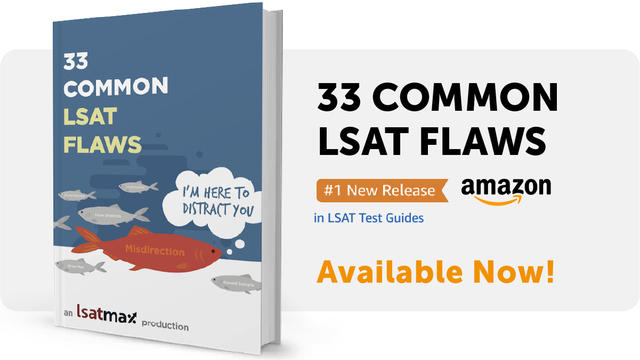Okay, so now that we're all slowly getting back into LSAT prep mode, it's always a good idea to review Sufficient and Necessary principles. The standard "if/then" sentence is pretty easy to conquer, but the LSAT is chalk full of statements that are variations on the simple "if/then" formula. So I thought we'd get some practice on these different versions.
First let's start with what we know, the standard if/then sentence:
1. If they close down the pond, then the ducks will fly away.
CP - DF
DF ? CP
Next we have an if/then sentence that is a bit reorganized:
2. The cat will not get pregnant, if she is spayed.
S - P
P ? S
It's important to remember that the words "when" or "whenever" can be replaced with an "if," and therefore, you can diagram it in the same way you would an if/then sentence.
For instance:
3. When I go to the gym, I get buff.
G - B
B ? G
Now, let's tackle the dreaded "only if":
4. You can have your dessert only if you have a valid password.
D - VP
VP - D
A trick I always use with "only if," is to put an arrow through the "only if." Then place the parts of the sentence according to where it falls on the arrow. For instance: A only if B. Look at it as "A only if -> B, so we would diagram as: A ---> B.
5. Only if you water your plants, will they grow.
So what this sentence is actually saying is: if your plants grow, then you have watered them.
G - W
W - G
Easy, right?
Same with "if" and "when," you can replace "only if" with "only when," and it will follow the same rules. Plus! You can also replace "only if" with "only where!"
Alright, I'd like you to take this in and practice. Take the time to master these Sufficient and Necessary rule now and you will reap the benefits as you progress through your LSAT prep.
Happy Studying!












